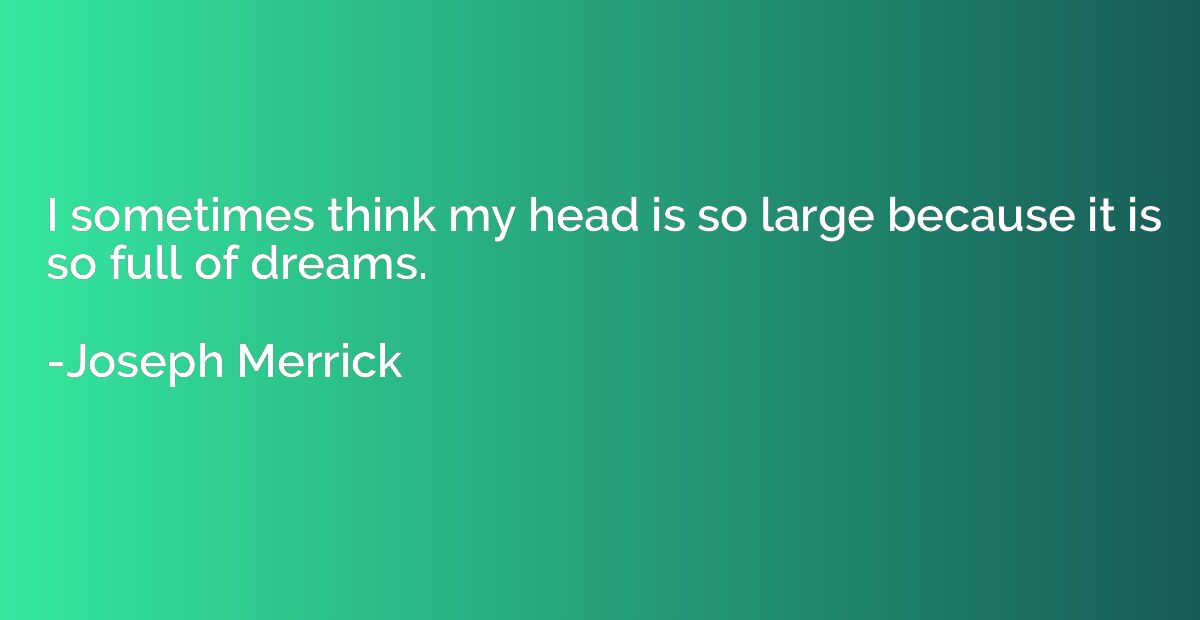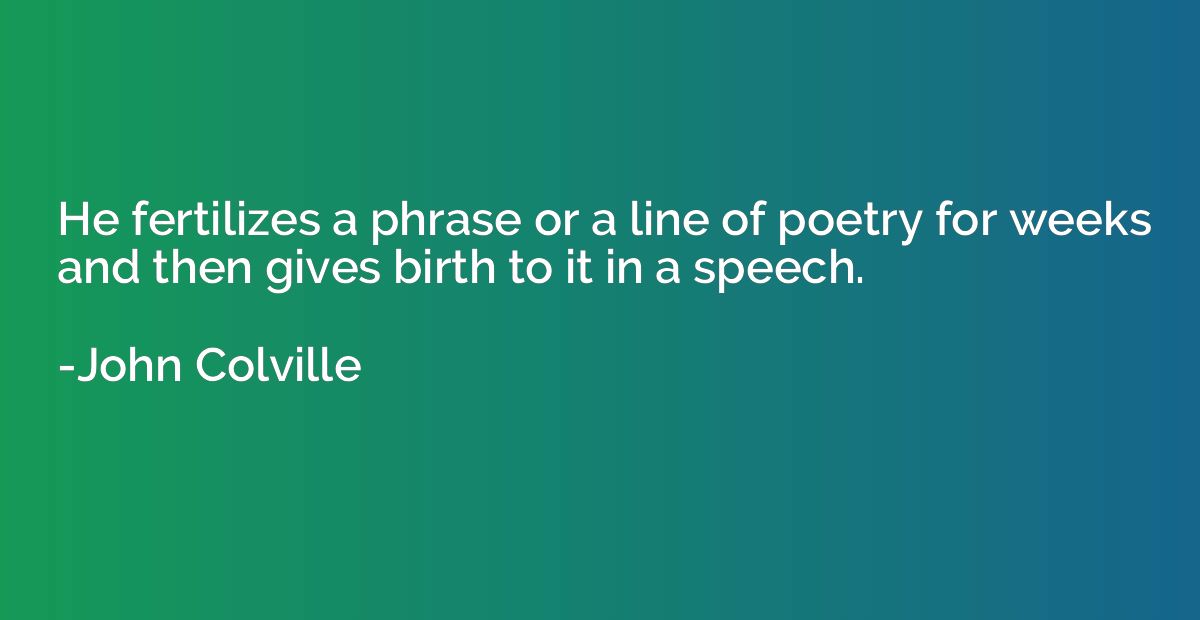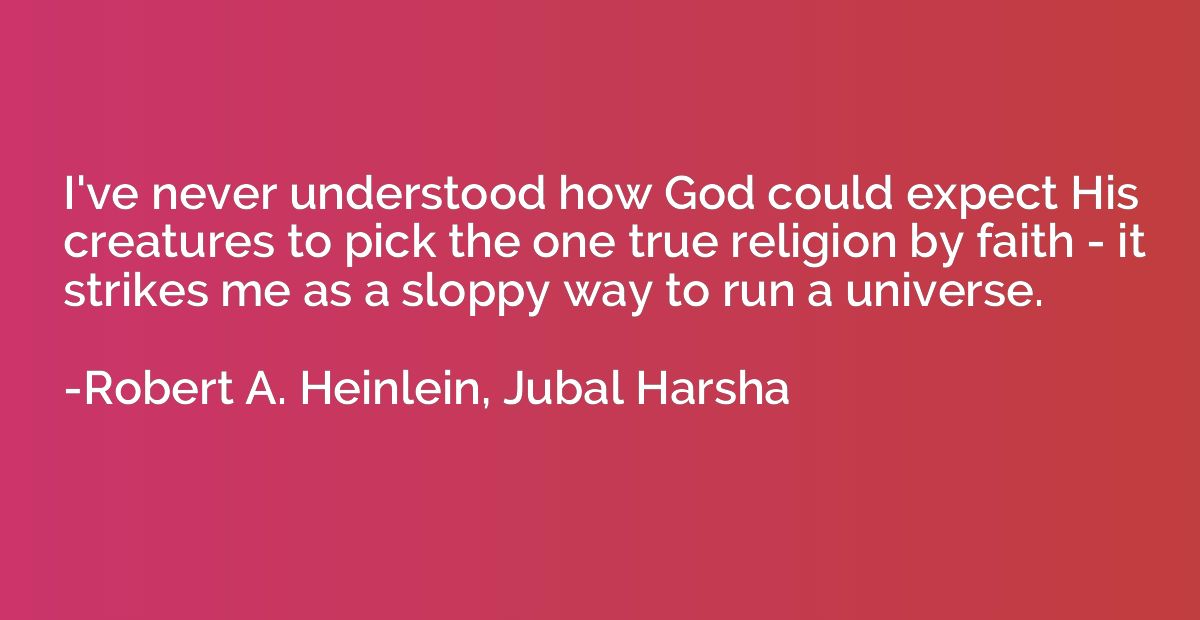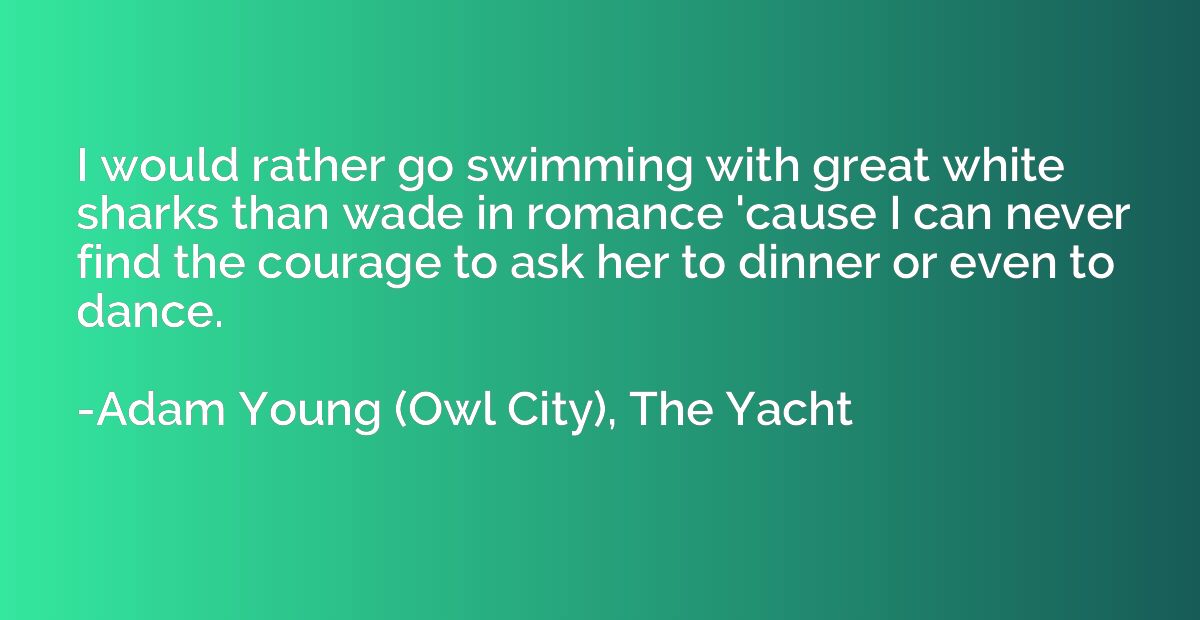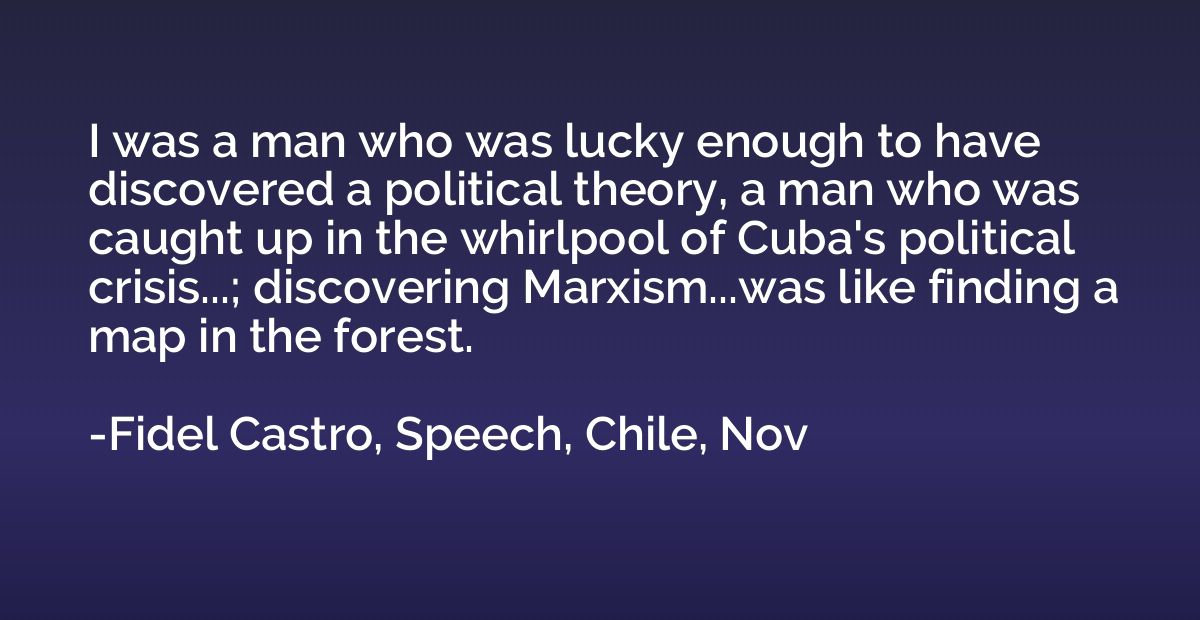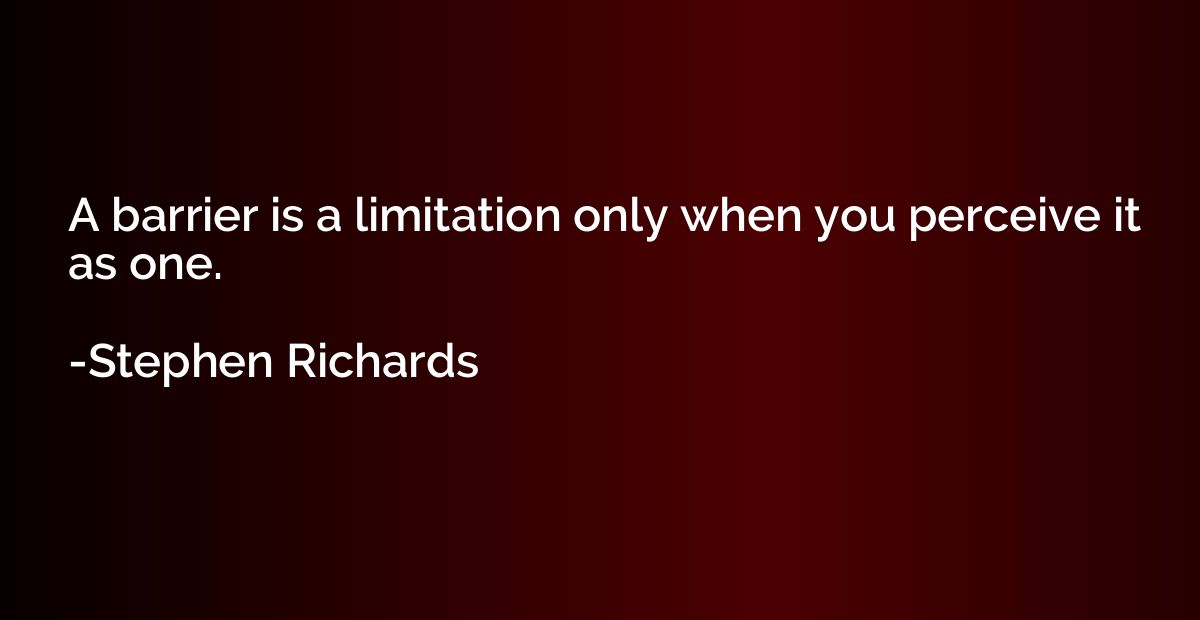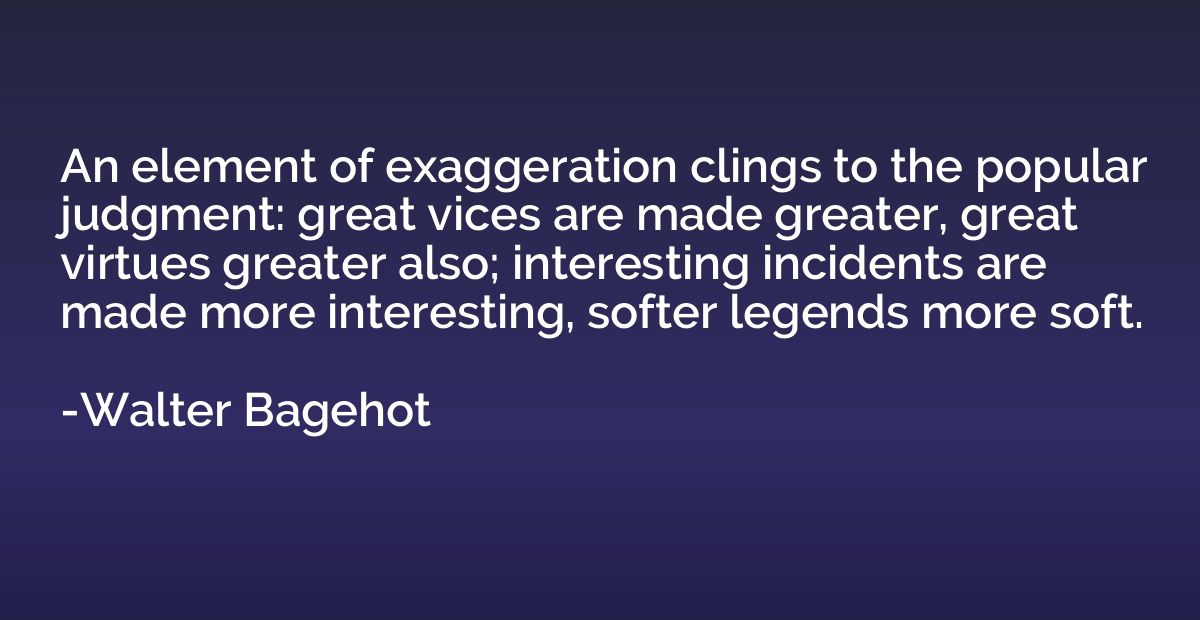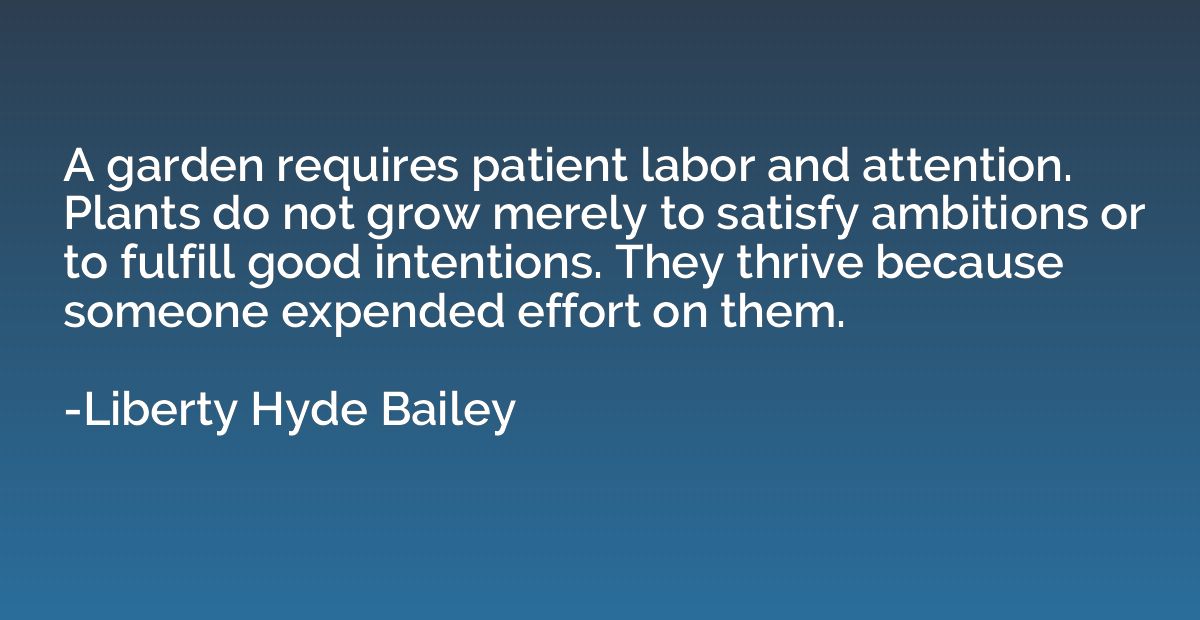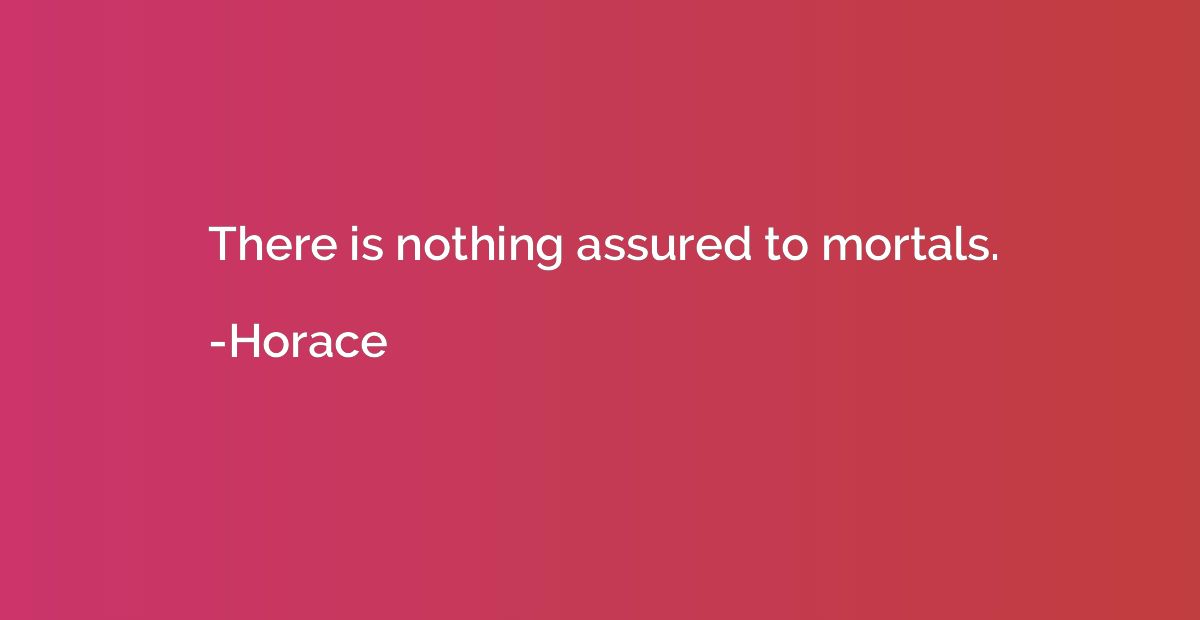Quote by Khalil Gibran
The person you consider ignorant and insignificant is the one who came from God, that he might learn bliss from grief and knowledge from gloom.
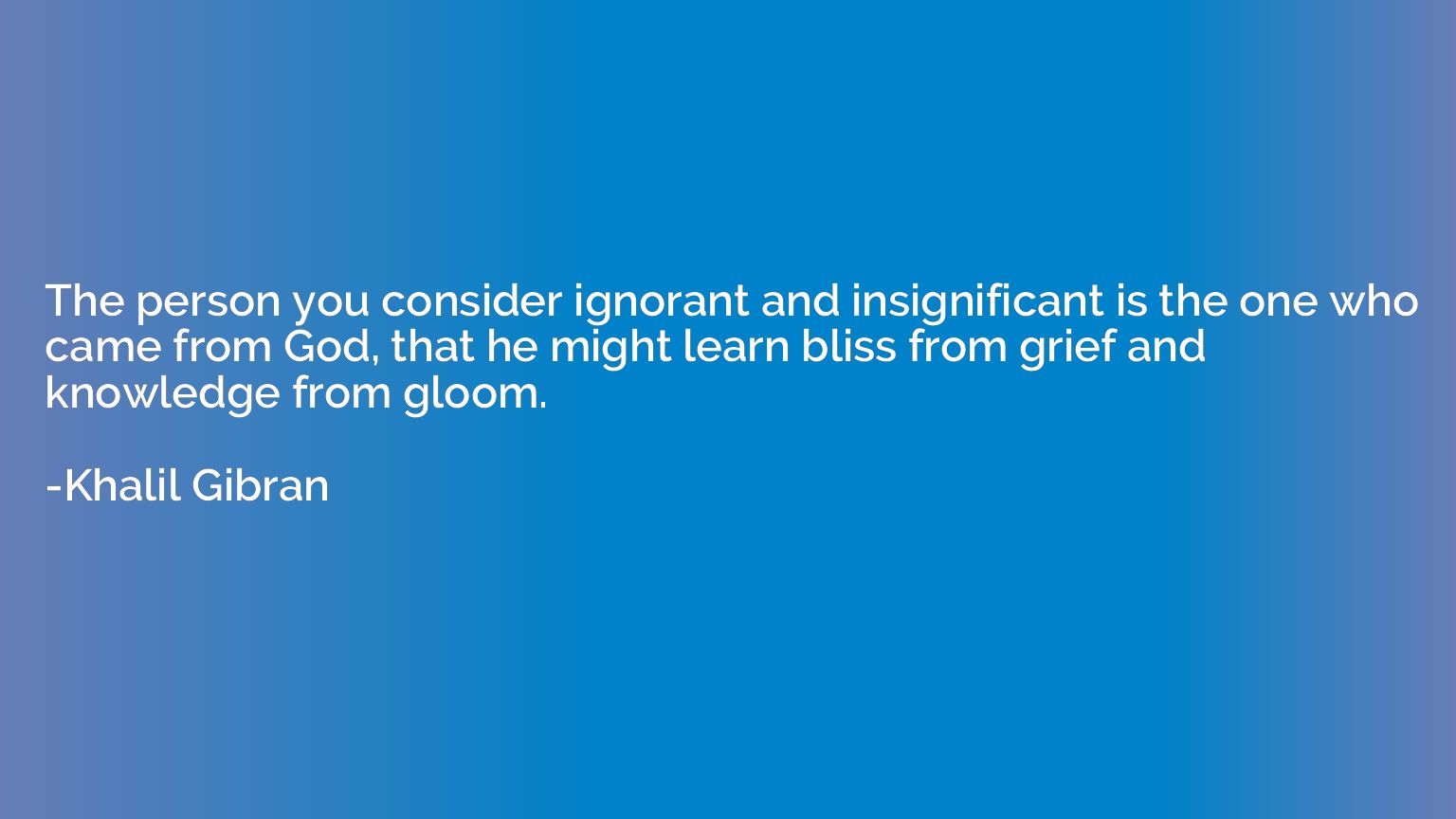
Summary
This quote suggests that it is often the people who are deemed ignorant and insignificant by others who possess a deeper understanding of life's true lessons. It implies that these individuals, chosen by God, have the ability to find happiness in times of sorrow and gain wisdom from difficult experiences. In essence, this quote challenges the notion of judging people based on superficial qualities, implying that even those who seem unremarkable can hold valuable insights and transformative potential.



